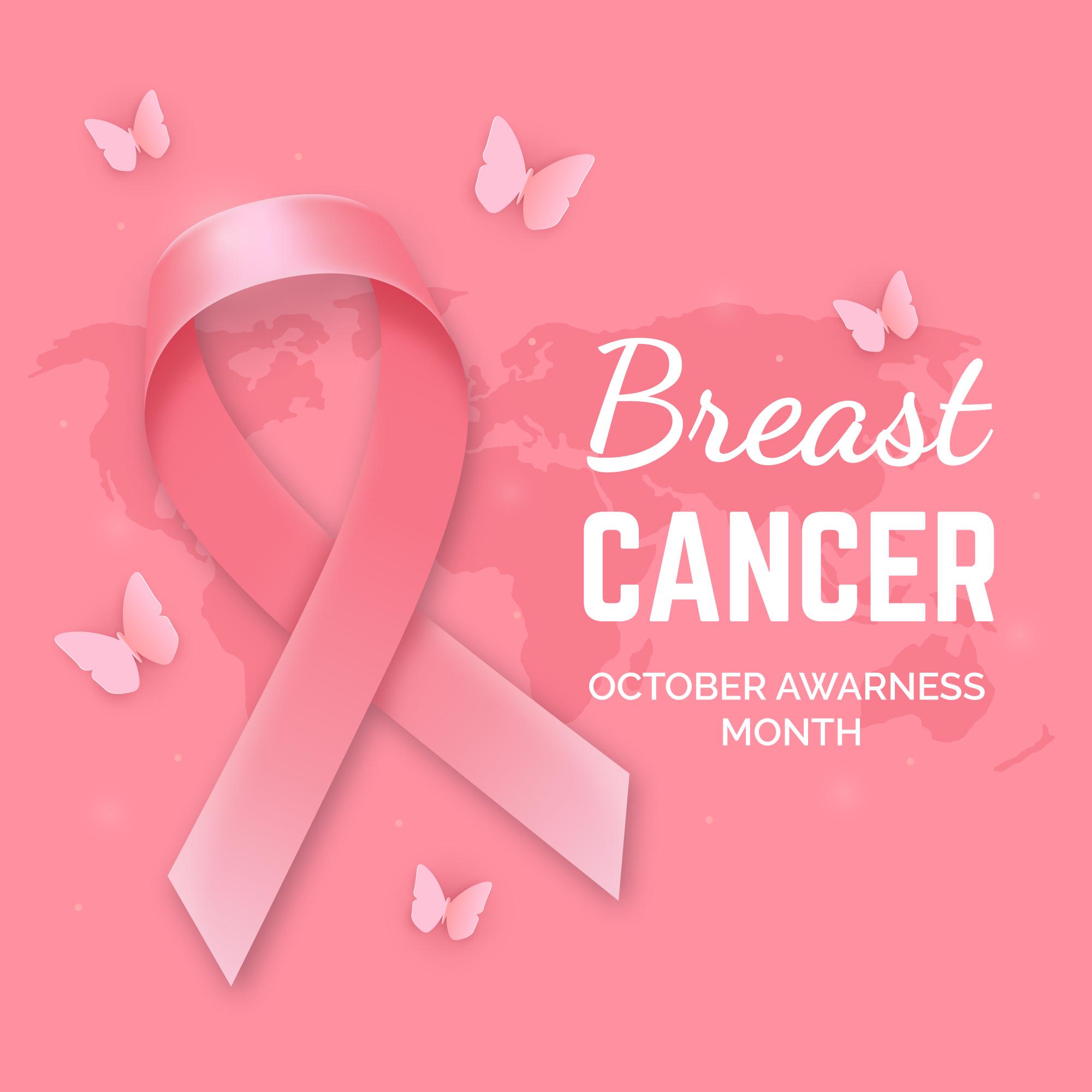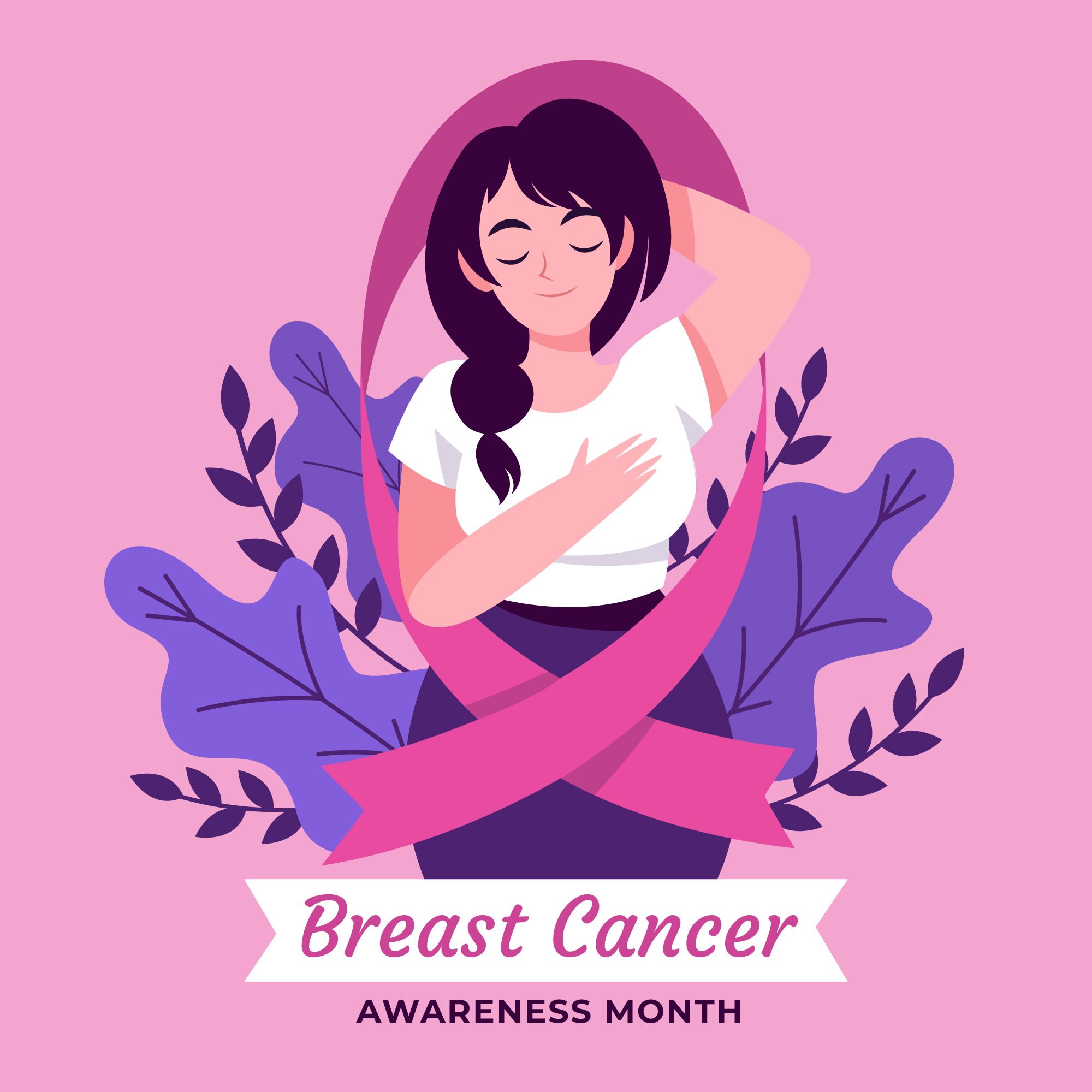-1759479629955.webp)
October is Breast Cancer Awareness Month—a crucial time to educate ourselves, encourage screening, and, most importantly, combat the pervasive myths that surround this disease. Misinformation can cause unnecessary anxiety or, worse, lead to delayed diagnosis.
We spoke with Dr Shona Nag, Senior Medical Oncologist at Ruby Hall Clinic, who helps us debunk the 10 most common misconceptions about breast cancer.
Fact: This is one of the most widespread and dangerous myths. Dr Nag clarifies, "Most people diagnosed with breast cancer have no family history." Only about 5–10% of cases are considered hereditary, stemming from inherited gene mutations like BRCA1/2. Therefore, everyone needs to be aware and participate in regular screenings.
Fact: Roughly 80% of lumps found in the breast are benign (non-cancerous), such as cysts or fibroadenomas. However, Dr Nag stresses that "any new or persistent lump or change should always be evaluated by a healthcare professional."
Fact: This myth has been widely debunked. “There is no scientific evidence linking underwire bras to breast cancer. The theory that bras restrict lymph flow, thereby causing cancer, is baseless,” says Dr Nag.

Fact: While the risk certainly increases with age, breast cancer is not exclusively an older person's disease. "Younger women can and do get breast cancer," Dr Nag states. Women under 50 account for a significant percentage of cases, and it’s important to remember that men can also develop the disease.
Don't miss: Breast Cancer Awareness Month 2024: Significance, Theme, History
Fact: Concerns over chemicals like parabens and aluminum have fueled this myth. “No definitive scientific link has been established between the use of antiperspirants or deodorants and the development of breast cancer," Dr Nag highlights.
Fact: This fear can be a major barrier to screening. Dr Nag reassures that "Mammograms use a very low dose of radiation and do not cause or spread cancer." Mammograms are, in fact, the best tool for early detection, which is the key to improving treatment outcomes.
Fact: All cells, both healthy and cancerous, use glucose (sugar in the blood) for energy. “There is no evidence that sugar in the diet directly causes breast cancer. However, a high-sugar diet can lead to weight gain and obesity, which is a known risk factor,” Dr Nag cautions.
Fact: This is a crucial point for awareness. "Breast cancer doesn't always cause a palpable lump. Other common symptoms include: changes to the breast skin (dimpling or redness), nipple inversion or discharge and swelling of all or part of the breast," Dr Nag explains.

Fact: Breast cancer is caused by the uncontrolled growth of cells in the body. Dr Nag confirms that it is not contagious. You cannot catch it from or transmit it to another person through contact.
Don't miss: Breast Cancer Awareness: Crucial Symptoms, Types, And Causes Every Woman Must Know
Fact: While a healthy lifestyle can significantly reduce your risk, it does not guarantee protection. Risk factors like age, genetics, and hormonal factors still play a role. For this reason, Dr Nag concludes, "Regular screenings remain important."
Image courtesy: Freepik
For more such stories, stay tuned to HerZindagi.
Also watch this video
Herzindagi video
Our aim is to provide accurate, safe and expert verified information through our articles and social media handles. The remedies, advice and tips mentioned here are for general information only. Please consult your expert before trying any kind of health, beauty, life hacks or astrology related tips. For any feedback or complaint, contact us at compliant_gro@jagrannewmedia.com.